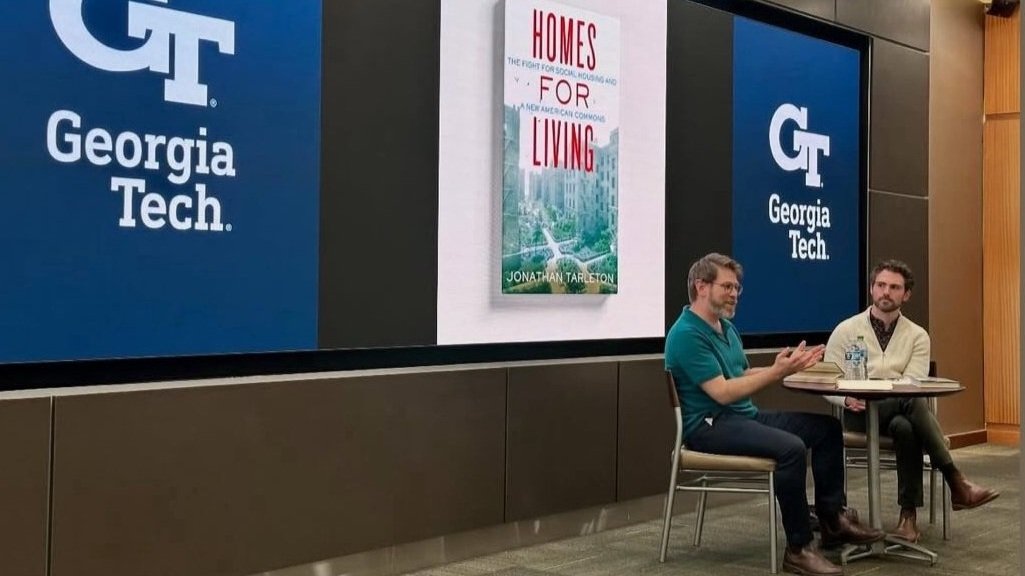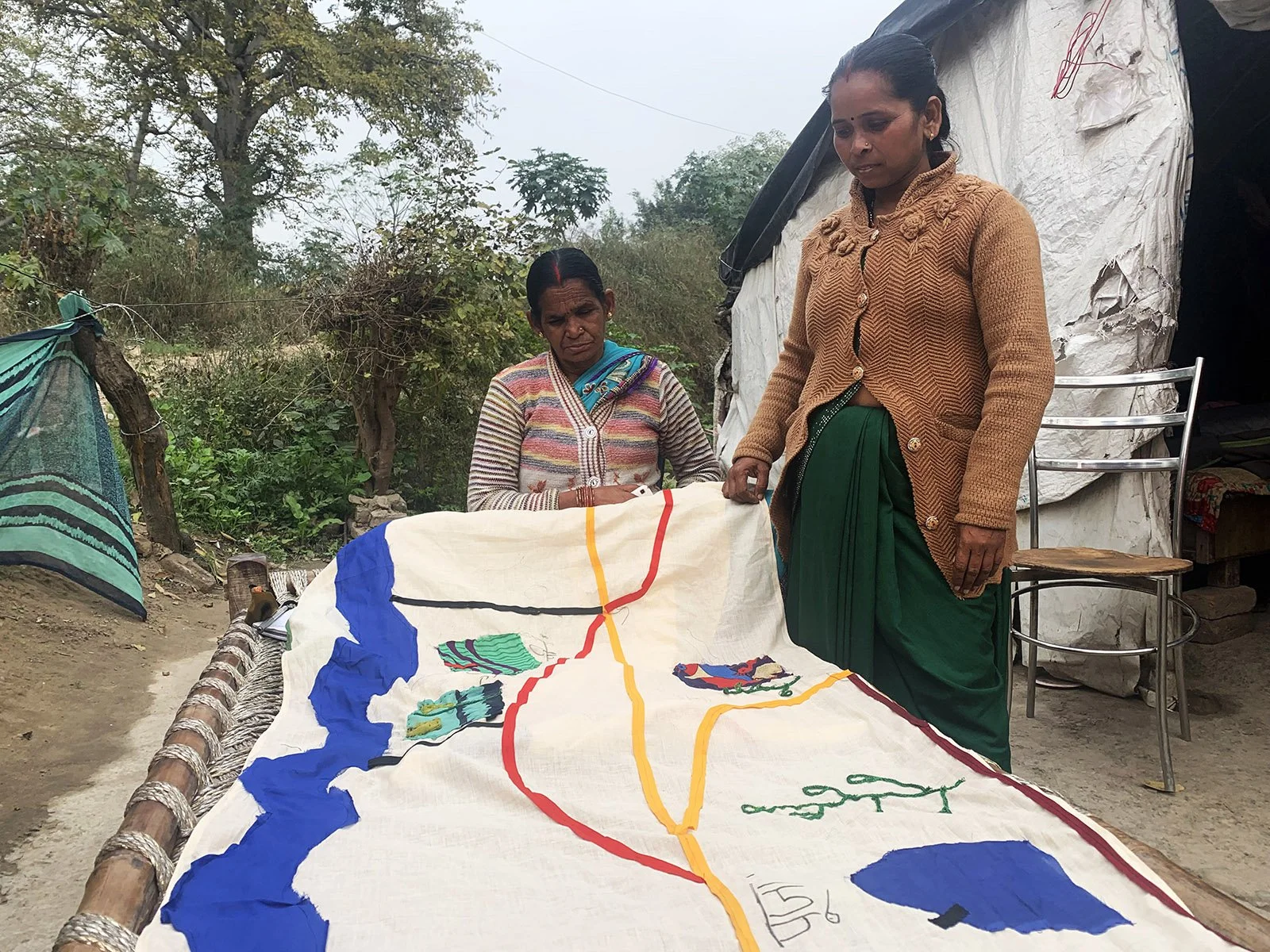
I teach courses related to urbanization and community development.
Current courses at the Georgia Institute of Technology
-

Community Development
Practitioners of community development grapple with the fundamental paradox of urbanization: it generates exceptional levels of prosperity while also creating and reinforcing high levels of social and economic inequality. This masters-level course introduces the history, theory, and practice of community development. It examines the social science of spatial inequality and explores the ways planners attempt to address those inequalities, utilizing case studies from the United States and across the world.
-

Cities of Tomorrow
This undergraduate urban geography course examines cities and the urbanization process through social, economic, political and environmental lenses. It focuses on core foundational theories and concepts but interrogates them by asking: How are the dynamics shaping 21st-century cities and urbanization processes different from (and similar to) those of the past? To foresee the “cities of tomorrow,” we must understand how fundamental urban processes are evolving as they interact with new historical and geographical forces.
-

Community Dynamics and Engagement
Because planning shapes the physical, social and economic fabric of the places where people live, the field is committed to incorporating community voice. But this commitment comes with thorny questions: How do we understand a community’s needs and aspirations? How can planners promote deep democracy rather than proceduralism? How can planners work with communities to build movements to positively transform cities and regions? This masters-level course introduces and interrogates principles and practices of community engagement in planning.
With an Undergraduate Sustainability Education Innovation grant from Georgia Tech, I collaborated with practitioners in the Global South to design two publicly available learning modules on urban sustainability strategies. Each module analyzes a community-based approach to building more environmentally, socially, and economically sustainable cities. The modules are designed for use by instructors anywhere in the world. Graduate research assistant Emerence Poiraud provided vital support in module development.
Urban Sustainability Learning Modules
Participatory Budgeting
(co-designed with John Taylor)
Countermapping
(co-designed with Swati Janu)
MCRP student advising
I advise students in Georgia Tech’s Master of City and Regional Planning (MCRP) program in Applied Research Paper and Master’s Thesis projects. If you would like work with me as your advisor, please submit the form below no later than April 1st in the spring before you intend to begin your ARP/thesis (or November 1st, if you are beginning your project in a spring semester).


